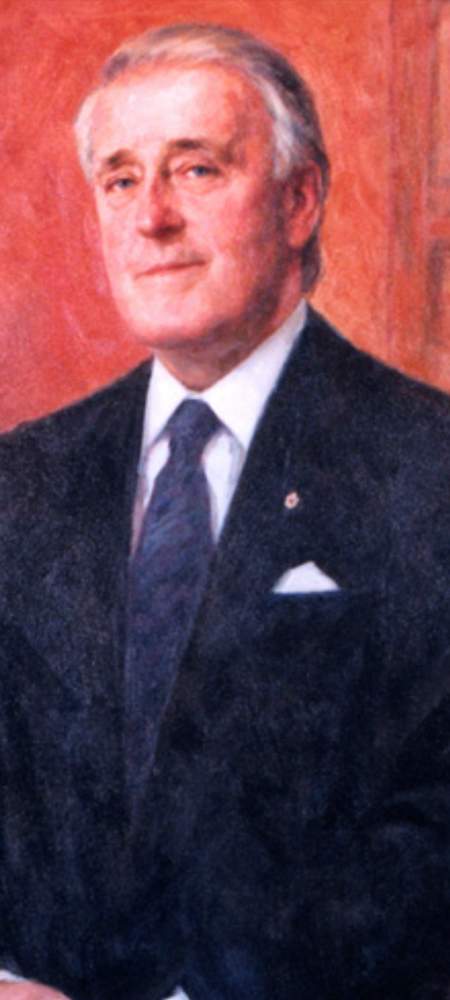Chapter
No
Brian Mulroney
Like Pierre Elliott Trudeau (1919-2000) before him, Brian Mulroney was a deeply controversial, polarizing figure in power, and left office with approval ratings at record lows. Yet with many of his once-controversial ideas now increasingly mainstream, history might be starting to soften on the Mulroney record.
Mulroney was born in Quebec to a working-class, Irish-Catholic family, but networked and schmoozed his way into high society, becoming a respected labour lawyer and corporate CEO in the natural resource industry. Though he never sought elected office, he was a strong supporter of the Progressive Conservatives and in 1983 wrestled the party leadership from Joe Clark (b. 1939). A natural, charismatic campaigner, Mulroney easily unseated the Liberals led by John Turner (1929-2020) a year later and became prime minister.
Though basically moderate in temperament, Mulroney sought to lead a conservative government that would reverse the left-wing drift of the long Trudeau era. Inspired by President Ronald Reagan (1911-2004) in the United States and Margaret Thatcher (1925-2013) in the United Kingdom, the former corporate executive introduced a number of free-market reforms to the Canadian economy, including business-friendly deregulation, a free trade treaty with the United States (and later Mexico, too), tax cuts, and privatization of certain government services. As part of a larger agenda of tax reform, he also introduced a widely-loathed national sales tax, the Goods and Services Tax, or “GST,” that did much to sour his reputation.
Always deeply concerned about Quebec’s uncertain role in Canada, Mulroney finished his second term pushing for ambitious reforms to the Canadian Constitution that would recognize the French province as a “distinct society” and give it unique powers within the Canadian political system. Though popular with the political class, a disastrously unsuccessful 1992 referendum on constitutional reform proved to be incredibly divisive, and fostered great cleavages between English and French and East and West that wound up bringing Canada’s party system to the brink of collapse. Mulroney became enormously unpopular by the end of his second term, and resigned in 1993, giving Kim Campbell (b. 1947) the grim assignment of facing angry voters. He spent much of his retirement defending his legacy. In 2014 he became chairman of Quebecor, one of Canada’s largest media corporations. He passed away in 2024, making him the most recent former Canadian prime minister to die.
